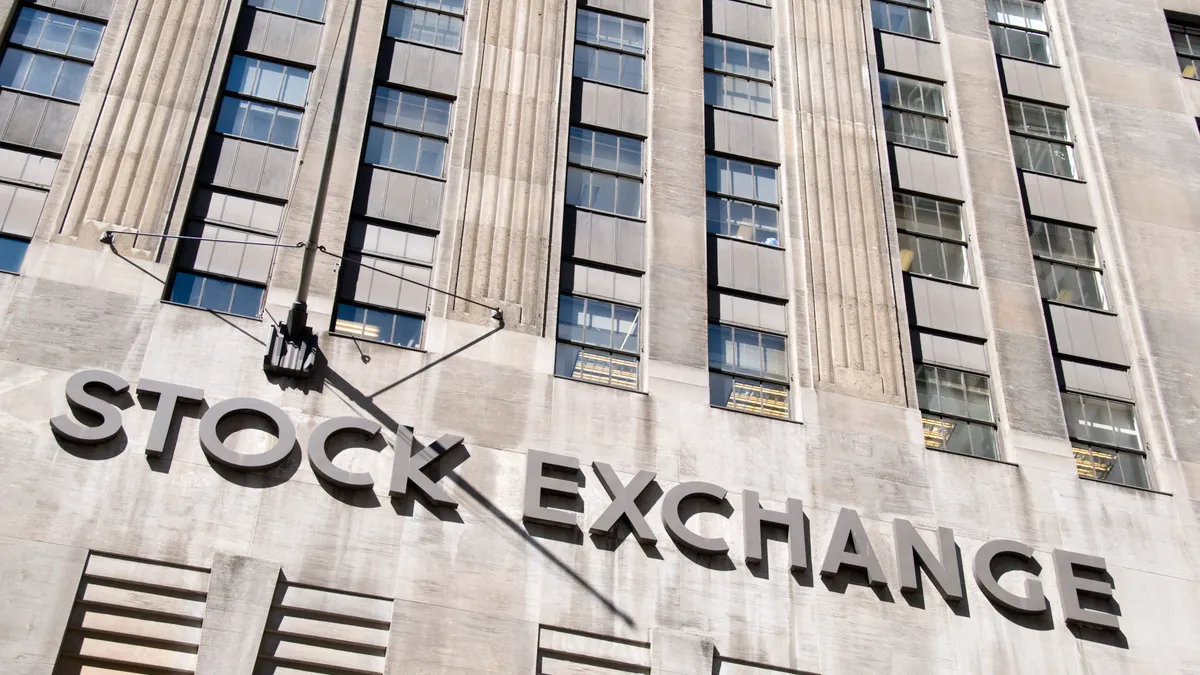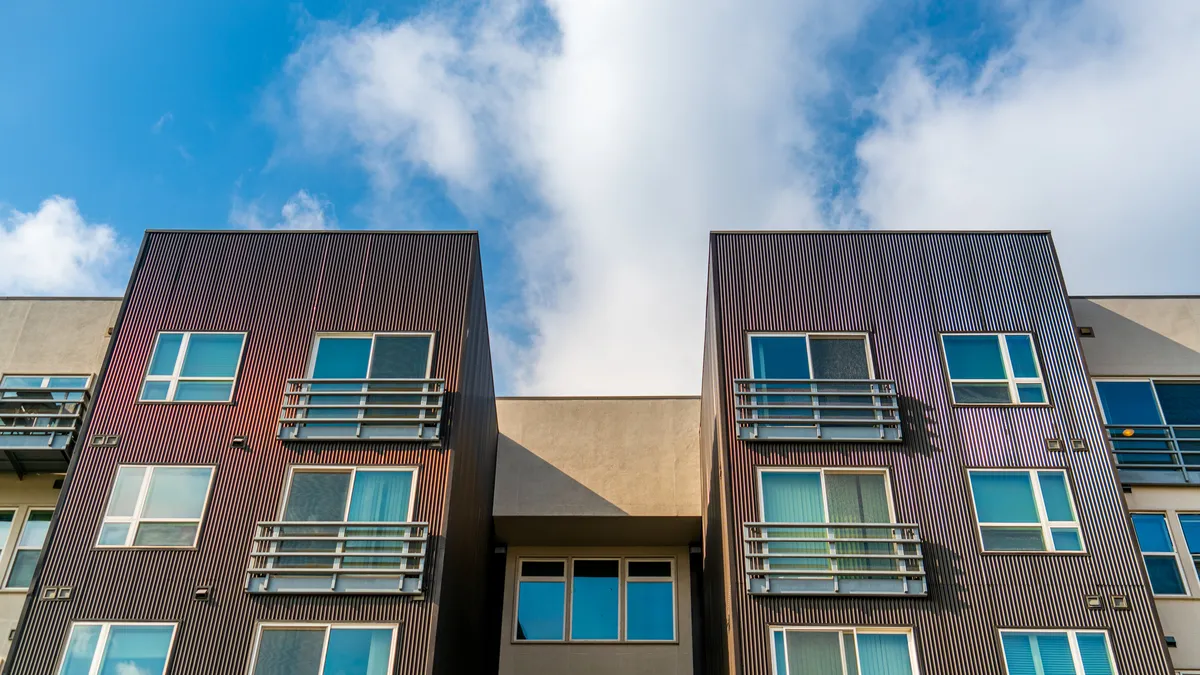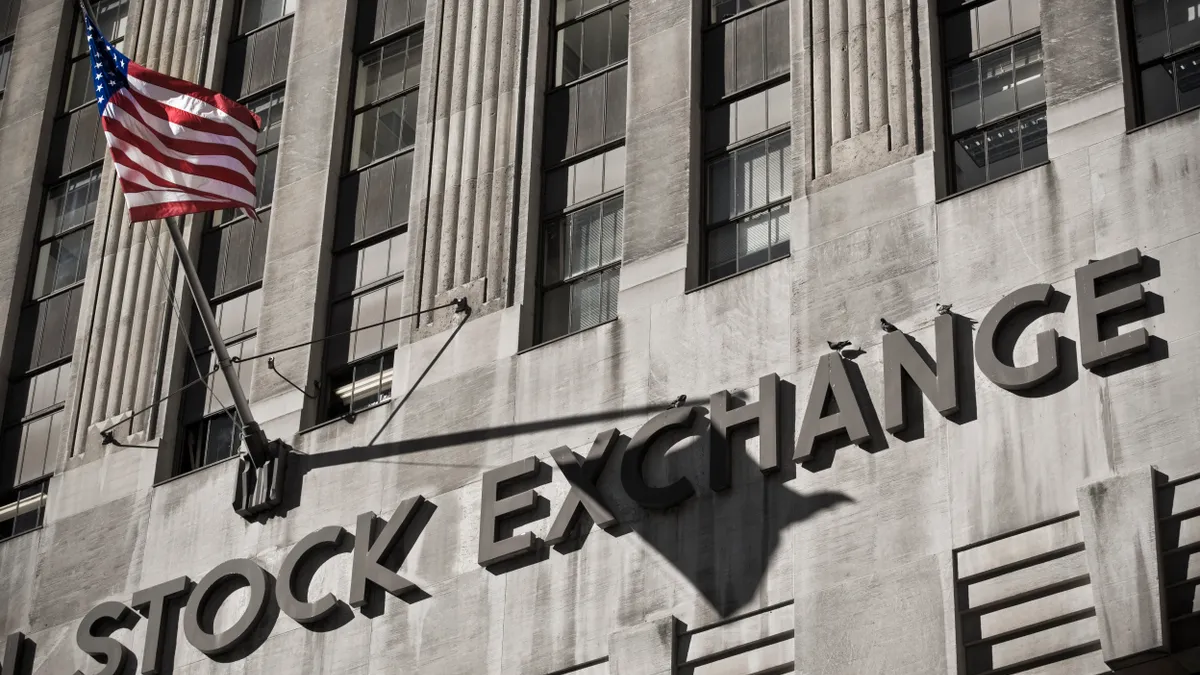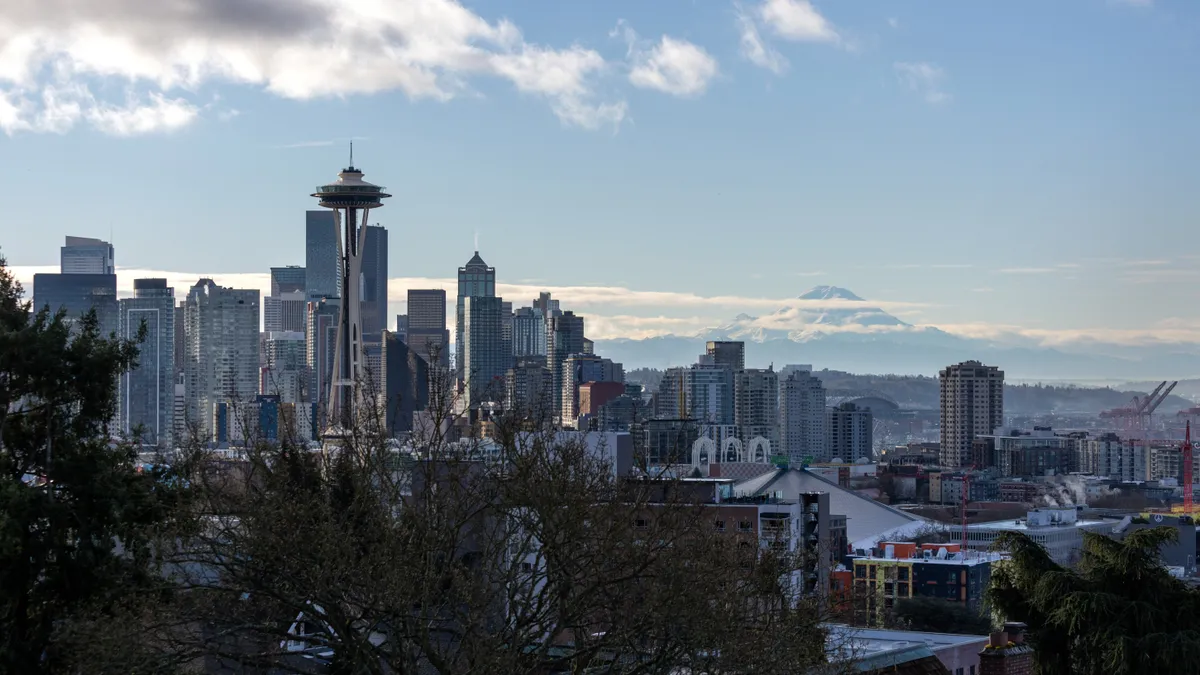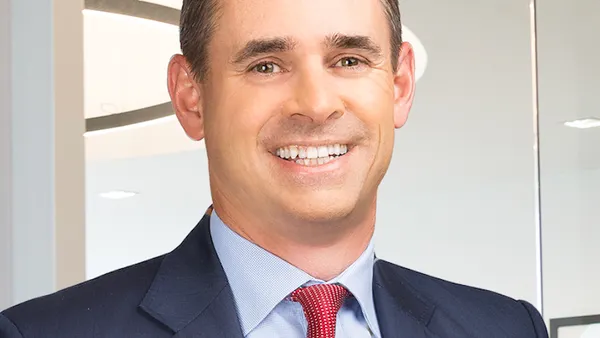On AvalonBay Communities' first-quarter earnings call earlier this month, CEO Ben Schall wasted little time before addressing some of the volatility in the current economy.
“Recognizing that we are in a period of heightened uncertainty regarding the impact of policy actions on the broader economy, I want to start by emphasizing that we are very well positioned, given our portfolio makeup, our unique set of strategic capabilities and our preeminent balance sheet, to continue to deliver superior earnings growth for shareholders,” Schall said on the REIT’s earnings call.
AVB, whose home is in the Washington, D.C., suburb of Arlington, Virginia, has a bird’s-eye view of the localized impacts of the Trump administration's policies, specifically those limiting federal funding and mandating government layoffs.
AVB Chief Operating Officer Sean Breslin said the D.C. Metro area continues to perform as expected, and occupancy and availability align with last year's levels. Lease breaks have also fallen year over year over the previous few months. But there are some signs of trouble.
“Over the last few months, we've started to hear from prospects and residents about the level of uncertainty in the job market, but to date, the velocity of activity and pricing in the region has not been impacted,” Breslin said. “About 12% of our resident base is employed by the government, so we're certainly monitoring the pace of leasing, renewal acceptance and other metrics very closely.”
AVB covered more than just its home market in its earnings release and call. Here’s more on what’s happening in its established and expansion regions.
Established regions
AVB is projecting that new deliveries will fall to 80 basis points of existing stock in 2026, which is roughly 45,000 units across its coastal established markets, according to Schall. That level of new deliveries hasn’t been seen in 20 years.
“Our established regions are benefiting from several tailwinds, including strong occupancy and very limited new deliveries this year and in 2026, which should support healthy pricing power,” Schall said.
In Seattle, return-to-office mandates from Amazon, Microsoft and others; relatively strong job growth; and limited new supply in suburban markets have helped AVB. The REIT’s properties are more than 96% occupied across the Northern California region, which is about 50 basis points higher than last year.
“Northern California, specifically San Jose and San Francisco, continues to improve and at a pace that's slightly ahead of our original expectations,” Breslin said. “Performance in San Jose picked up at the end of last year, but San Francisco really started to gain momentum at the beginning of this year.”
As other REITs have noted, Los Angeles is more challenging. While the metro’s availability and occupancy are in line with last year's, according to Breslin, AVB’s year-to-date asking rent growth is below historical norms at just 3%.
“We'll need to see better job growth in LA, which has been weak recently, to experience stronger performance throughout the remainder of this year,” Breslin said.
Expansion regions
Unlike its established regions, supply continues to be a concern in AVB’s coastal markets.
“While we are pleased with the portfolios we have curated in our expansion regions, we do expect these markets to continue to face operating softness until deliveries decline and market occupancies rebuild,” Schall said. “On the flip side, this softness provides opportunities as we execute on our longer-term portfolio optimization goals, selectively increasing our allocation to our chosen expansion regions.”
In Q1, AVB announced it acquired eight properties in Texas from entities associated with Little Rock, Arkansas-based owner BSR Real Estate Investment Trust. The deal closed last week.
“These are all relatively simple walk-up garden assets in suburban submarkets in our target geographies,” Matthew Birenbaum, AvalonBay’s chief investment officer, said on the earnings call. “And that doesn't happen all that often. So, mostly what we've done until this point has been buying kind of one-offs, and that's still kind of the base case assumption.”
Like other trades, AVB sold assets from its established regions and redeployed that capital to the expansion regions in the Texas deals.
BY THE NUMBERS
| Category | Q1 | YOY Change |
| Total revenue | $693.1 million | 3% |
| Net operating income | $478.3 million | 2.6% |
| Operating expenses | $214.8 million | 4% |
| Funds from operations | $2.78 | 1.8% |
| Revenue per occupied unit | $3,032 | 2.9% |
| Economic occupancy | 96.0% | 0.1% |
SOURCE: AvalonBay
“You think about where rents in these markets have traveled over the last three years,” Breslin said. “You look at the basis at which we can enter these markets and the Texas transaction being a good example of that at $230,000 a door, and we're thinking about long-term both earnings and value creation.”
AVB will also continue to grow from developments with $3 billion of projects match funded and construction costs substantially locked in. “As these projects lease up this year and next, they will produce a meaningful incremental stream of earnings that is unique to AvalonBay,” Schall said.
Click here to sign up to receive multifamily and apartment news like this article in your inbox every weekday.



